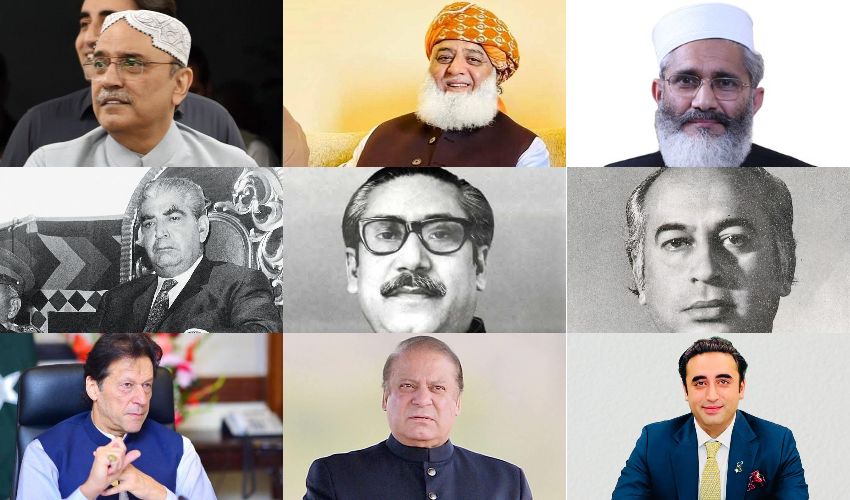General Elections
As Pakistan gears up for the upcoming 2024 general elections, a retrospective analysis of the pivotal 1970 elections sheds light on the nation’s political landscape. Despite the subsequent country split, the transparency of the 1970 elections remains largely uncontested to this day.
In contrast to the perceived transparency of the 1970 elections, subsequent polls in the country—11 in total—have been marred by allegations of rigging between political parties. This historical perspective becomes crucial as one political faction fears exclusion from the political arena.
The backdrop of the 1970 elections involves President Yahya Khan’s imposition of martial law after General Ayub’s resignation. The Legal Framework Order (LFO) was issued, announcing elections based on the one-person, one-vote principle and dissolving the One Unit, a historic move in Pakistan’s electoral history.
The LFO outlined the formation of a new National Assembly tasked with creating a constitution within 120 days. Yahya Khan emphasized the devolution of power to provinces, assuring political activities’ resumption while prohibiting any compromise on Pakistan’s principles. The National Assembly structure comprised 313 members, with 300 general seats and 13 reserved for women. East Pakistan had a significant allocation, with 162 general seats and seven for women.
The electoral campaign featured the six-point agenda, emphasizing regional autonomy. The dynamics saw Sheikh Mujib gaining popularity in the east and Bhutto in the west. The election results reflected this divide, with Sheikh Mujib securing a sweeping victory in East Pakistan, while Bhutto dominated in the west.
Post-election, a political crisis unfolded as neither leader held a mandate on both sides. The deadlock led to Yahya Khan’s intervention, dissolving the National Assembly and triggering widespread protests, ultimately leading to a significant chapter in history. Analysts often argue that the 1970 elections epitomized transparency, but the underlying issue may be the overwhelming influence of an individual, echoing President Ayub’s earlier indirect electoral triumph.
As the 2024 elections approach, the comparison between Sheikh Mujib and contemporary political figures emerges. Despite tensions and uncertainties, it is crucial to recognize the distinctiveness of historical figures and parties. The PTI founder, often compared to Sheikh Mujib, lacks the ideological fervor synonymous with the Awami League.
Renowned scholars emphasize that while the 1970 elections were transparent, the comparison between PTI and Sheikh Mujib is unfounded. Pakistan’s unity, they argue, is not immediately threatened by the current political landscape. As the nation navigates its electoral journey, understanding the historical significance of the 1970 elections provides valuable insights into the evolving dynamics of Pakistan’s political arena.


